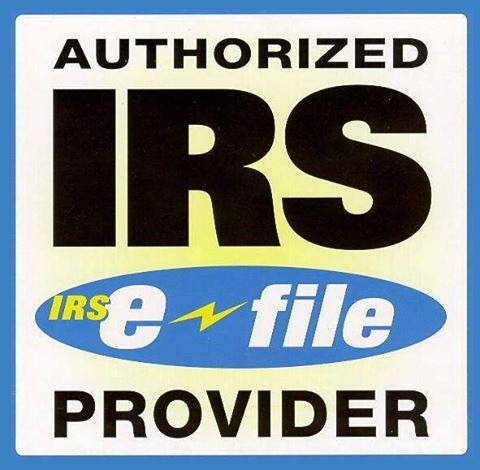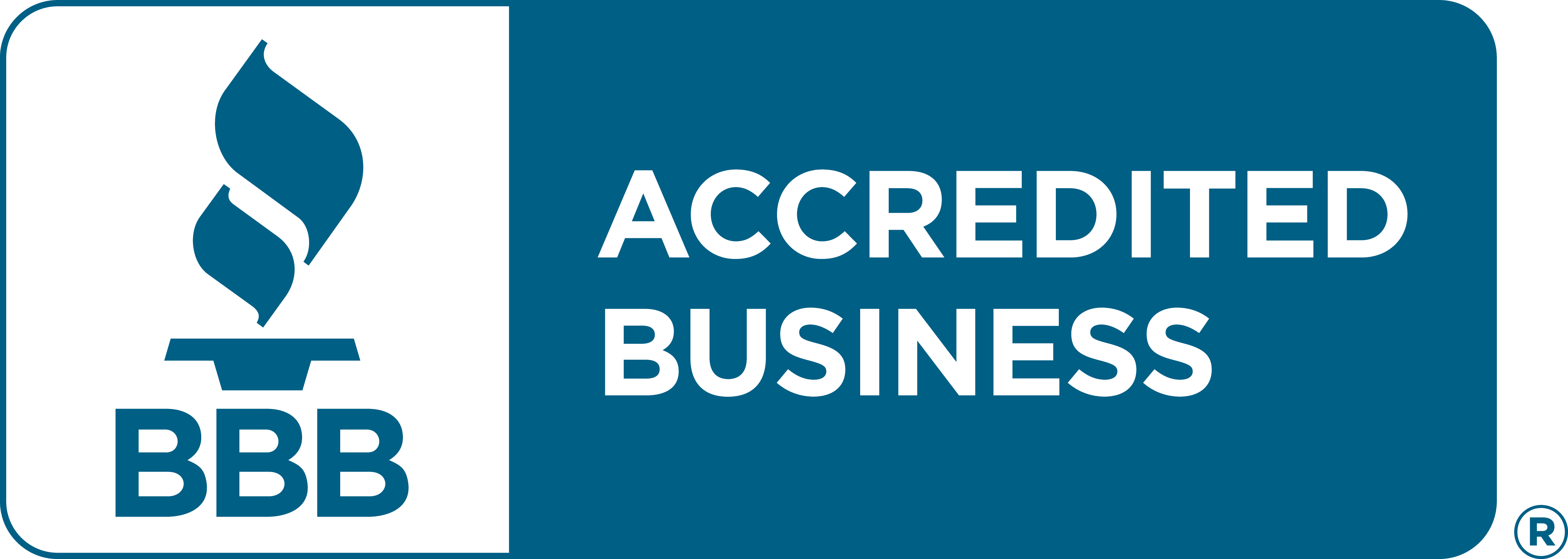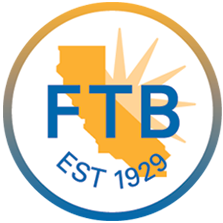Ohio State Filing Requirements
Nonprofits in Ohio must comply with specific state requirements to maintain their good standing and tax-exempt status.
Required Non-profit Forms
Non-profits in Ohio are required to complete several forms as part of their compliance obligations.
| Secretary of State Forms | Attorney General Forms | Federal Forms (Required for State Compliance) |
|---|---|---|
|
|
|
State Filing Requirements for Non-Profits
Operating a non-profit in Ohio is rewarding but requires compliance with state regulations to maintain good standing and tax-exempt status.
Non-profits must meet filing requirements with both the Ohio Secretary of State and the Ohio Attorney General.
- Initial Registration – File Articles of Incorporation (Form 532B) with the Secretary of State to legally form your non-profit.
- Registered Agent – Appoint an Ohio-based agent to receive legal documents.
- Organizational Meeting – Hold the first board meeting to install directors, elect officers, and adopt bylaws.
- Attorney General Registration – Register through the Charitable Ohio portal before soliciting donations; annual reporting is required.
- Annual Financial Reports – Submit yearly financial filings to the Attorney General’s Office through the same portal.

Tax Exemption Requirements
- Federal Tax Exemption (501(c)(3) Status): Apply to the IRS using Form 1023 or Form 1023-EZ. Receiving 501(c)(3) status from the IRS generally exempts the non-profit from Ohio's commercial activity tax.
- Purpose Clause: The Articles of Incorporation must include a purpose statement compliant with IRS requirements to obtain 501(c)(3) status.
- Ohio Sales Tax Exemption: File Form STEC B with the Ohio Department of Taxation to be exempt from sales tax.
- Property Tax Exemption: File an application for exemption with the Ohio Department of Taxation for property used exclusively for charitable purposes.
- Unrelated Business Income (UBI): Income from activities unrelated to your exempt purpose can be taxable and may require different tax filings (IRS Form 990-T)
Filing Deadlines for Non-Profit Forms
Adhering to filing deadlines is essential to avoid penalties and maintain compliance.
Below are the key deadlines for non-profit filings in Ohio:
| Ohio Filing Deadlines | |
|---|---|
| Initial Articles of Incorporation | Upon formation. This establishes legal entity |
| Initial Charitable Registration | Within 6 months of creation and before soliciting gifts |
| Attorney General Deadlines | |
|---|---|
| Ohio Attorney General Annual Report | Due on the 15th day of the fifth month after the end of the organization's fiscal year. The Ohio Attorney General's office automatically grants any IRS extension. |
| Statement of Continued Existence (Form 522) | Must be filed with the Ohio Secretary of State every five years. The Secretary of State notifies the non-profit corporation's statutory agent approximately four months before the deadline. |
| Tax Forms Deadlines | |
|---|---|
| OReal Property Tax Exemption Application (DTE 23) | Must be filed by December 31st for the year in which the tax exemption is sought. |
| Commercial Activity Tax | For any non-profits that are subject to Ohio's Commercial Activity Tax (such as agricultural or consumer cooperatives), the annual CAT return is due by May 10th. Businesses with taxable gross receipts exceeding $3 million are required to file quarterly returns, which are due 40 days after the end of each quarter. |
| Federal Deadlines | |
|---|---|
| Form 990 Series | Due on the 15th day of the 5th month after the organization's accounting period ends Example: For calendar year organizations, Form 990 is due by May 15 |
| Form 1023/1023-EZ | Must be filed within 27 months of incorporation to receive retroactive exemption to the date of incorporation |
Registration & Annual Filing (Non-Profits)
To operate legally as a non-profit in Ohio, organizations must file the Initial Articles of Incorporation and pay the $99 filing fee.
Initial Registration
- Incorporate with Ohio SOS The initial legal step is to file Articles of Incorporation with the Ohio Secretary of State and appoint a statutory agent. This formally establishes the organization as a legal entity in Ohio.
- Obtaining an EIN After incorporating with the state, you will need to obtain an Employer Identification Number (EIN) from the IRS.
- Develop Bylaws and Hold Initial Board Meeting Create organizational bylaws that outline the nonprofit's governance structure, though these are not filed with the state. Also, conduct an initial meeting to appoint directors, adopt bylaws, and authorize pursuit of tax-exempt status.
- Registration with AG If you plan to solicit donations in Ohio, register with the Ohio Attorney Generalonline within six months of formation (the AG’s site describes initial registration and the online portal).
- Applying for Federal Tax-Exempt Status If your non-profit intends to be recognized as tax-exempt under section 501(c)(3) of the Internal Revenue Code, you will need to apply to the IRS. This typically involves filing Form 1023 or Form 1023-EZ, along with the required filing fee.
Annual Filing Requirements
- Register with Ohio AG:Within six months of the organization's creation and critically, before beginning any solicitation of gifts, register with the Ohio Attorney General's Charitable Law Section. This is done through their online system and requires submission of the IRS determination letter or an Affirmation of IRS Status Form.
- Register with Ohio Department of Taxation: While most non-profits are generally exempt from Ohio's Commercial Activity Tax, it is prudent to register with the Ohio Department of Taxation. This ensures understanding of any other applicable tax requirements, such as obligations related to payroll taxes or if the organization engages in activities that necessitate a vendor's license for sales.
- Charitable Report Registration File the Ohio annual charitable report in the AG portal by the AG deadline (same “15th day of the fifth month after fiscal year end” rule) and pay any required solicitation fee.
- Public Disclosure Requirements Make Form 990 available for public inspection. Provide copies of exemption application and returns when requested and maintain transparency in operations and financials.
- Keep Corporate Records Maintain local records and apply for property tax exemption with your county auditor (DTE-23 or county forms) if you own property used for charitable purposes.












